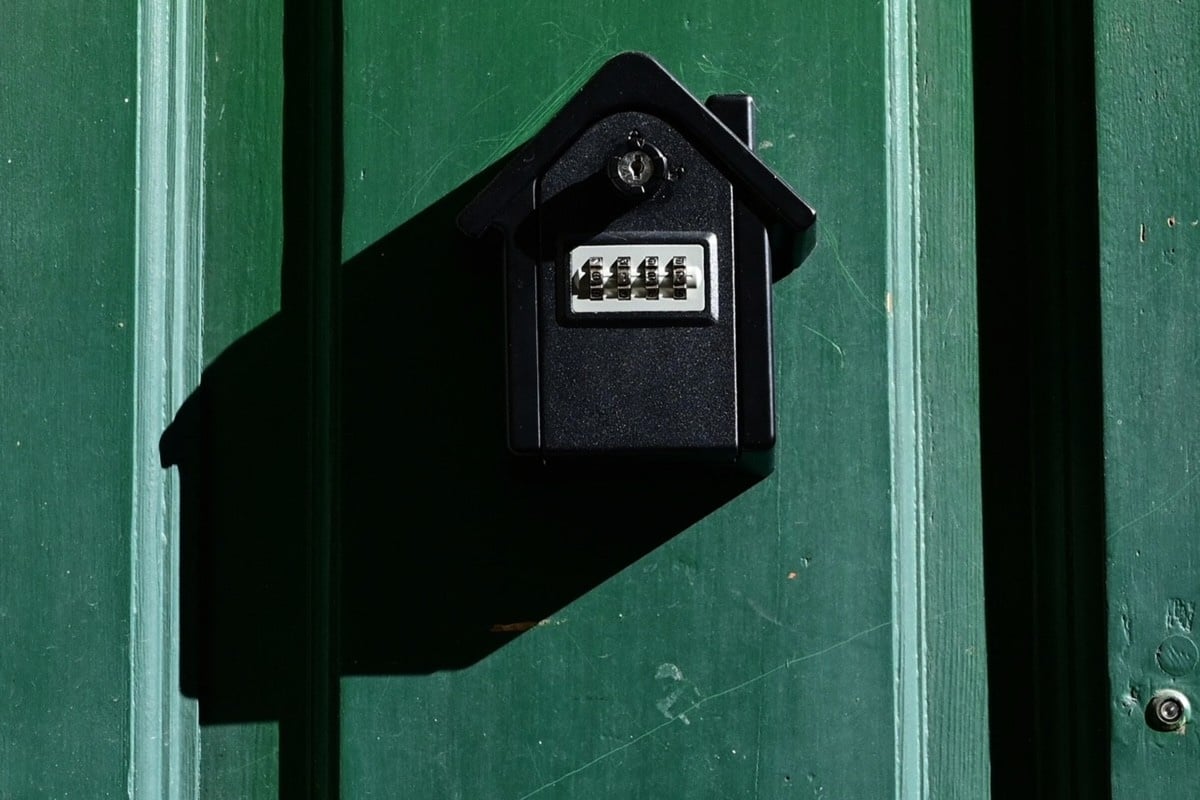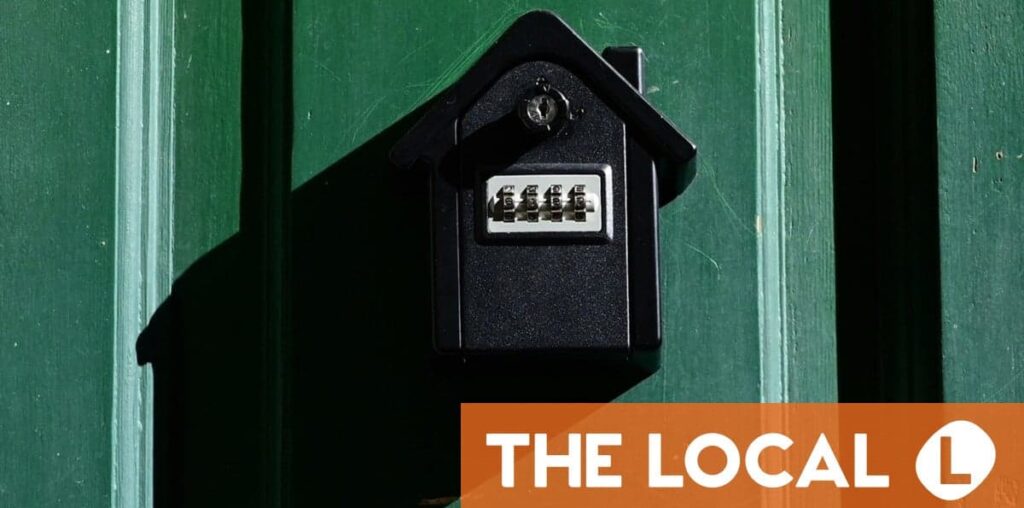
Spain is currently experiencing a huge housing crisis, with soaring rental prices, not enough availability of properties on the market and young people unable to afford to move out of home.
Both residents and authorities have said argued that tourism apartments are partly to blame, driving up prices and taking properties off the market for locals.
Holiday lets are widely considered to be more profitable for owners than renting out their properties to long-term tenants in Spain. The benchmark is a 60 percent occupancy rate, but in some parts of the country owners can earn four times as much from ‘Airbnb-ing’ than renting to tenants.
Many regulations have been introduced to try and reduce the number of short-term lets from stricter rules on the types of properties that can get a licence to vowing to getting rid of them all together in Barcelona and even pleading with landlords.
The latest move put forward by Spain’s leftist government PSOE and junior coalition partner Sumar is to charge a 21 percent VAT to landlords who want to rent their properties out to tourists.
The idea is to try and make tourist rentals a less attractive option for landlords, who can currently make a lot more money than renting out to locals long term.
They stated that “cutting their profitability and transforming them into housing for permanent rental, will help alleviate the lack of habitual housing in stressed areas”.
So called ‘stressed areas’ are defined as those that meet one of two pieces of criteria. Areas that exceed the Consumer Price Index (CPI) of their respective province by five points and where families dedicate more than 30 percent of their salary to paying the rent.
The measure is being considered for inclusion as part of a broad fiscal package for 2025 which aims to alleviate the lack of rental housing supply in certain areas of Spain.
Advertisement
Up until now, the stance of the Treasury has been that “whoever rents tourist accommodation is, for VAT purposes, considered a businessman”.
But, crucially, those landlords who rent out properties that do not provide typical services similar to a hotel are VAT exempt.
This means that if they added services such as daily cleaning, meals and a laundry for example, then VAT would have to be charged.
The Spanish Treasury confirms: “If services are provided like in the hotel industry, the rental of the tourist apartment will not be exempt from VAT but must be taxed at the reduced rate of 10 percent, as a hotel establishment”.
Advertisement
READ ALSO: Spain to force landlords to register all short-term lets and rooms
The idea is to now make it so that anyone renting out a property to tourists is charged 21 percent VAT regardless of whether they provide hotel-like services or not.
The government seeks to “cut their profitability” and “transform properties into housing for permanent rental”.
But, experts are not all in agreement as to whether this will help the situation or not. Many just argue that the extra cost will be passed on to the consumers, so that tourist accommodation will become even more expensive and landlords will still end up making a bigger profit.
The application of the 21 percent VAT to tourist apartments is accompanied by other proposals, such as a tax on luxury goods, a two-point increase in personal income tax on capital income above €300,000 and eliminating the special tax regime.
Just last month, the government also announced that landlords will have to register all temporary and tourist accommodation as well as rooms on a portal it will create if they want to have the right to advertise their properties on platforms like Idealista.

